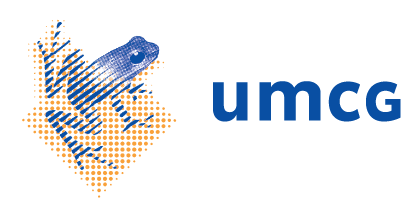Stem cell transplant should end dry mouth after radiation treatment
15 March 2021
In the coming months, the UMCG will be the first hospital in the Netherlands to treat cancer patients who suffer from dry mouth with tissue-specific stem cell transplantation.
Reduced quality of life
Every year in the Netherlands there are about 2,500 new patients with a tumor in the head and neck area. A large proportion of these patients have a good chance of recovery with radiation therapy. An unpleasant complication is that in 40% of patients the salivary glands no longer function properly after treatment. As a result, they suffer from a continuous dry mouth. Chewing and swallowing are difficult, their sense of taste diminishes, talking is very difficult and the teeth are damaged. As a result, these patients often have a greatly reduced quality of life.
To remedy this problem, the research group of UMCG professor of radiotherapy Rob Coppes has been investigating salivary gland stem cell transplantation for years.
Final steps in long process
Early this century, Coppes came up with the idea of treating patients with dry mouth with stem cell transplantation. He identified salivary gland stem cells in mice and then in humans. After this, the stem cells were grown up in the laboratory, where they formed mini salivary glands (organoids) and could be multiplied. Experiments with mice showed that the treatment works and that the salivary glands in mice grew back.
Salivary gland stem cells derived from humans were then grown in the laboratory and introduced into mice. Again, the treatment was successful. The researchers then translated the results to humans and made the method safe and suitable for clinical use.
First in the Netherlands and perhaps worldwide
Now the researchers at UMCG are ready for one of the final steps in the process: the actual treatment of patients. The first patients are expected to be treated this summer. This is clinical research in which a limited and selected group of patients can participate.
Patients with cancer in the head and neck area are given a CT scan and then a radiation plan. This reveals the risk of damage to the salivary glands and whether the patient is eligible for stem cell therapy. Coppes: 'Our patients who will soon be eligible for this will be the first in the Netherlands - and probably worldwide - to receive this treatment.
Source: UMCG

 English
English
 Nederlands
Nederlands